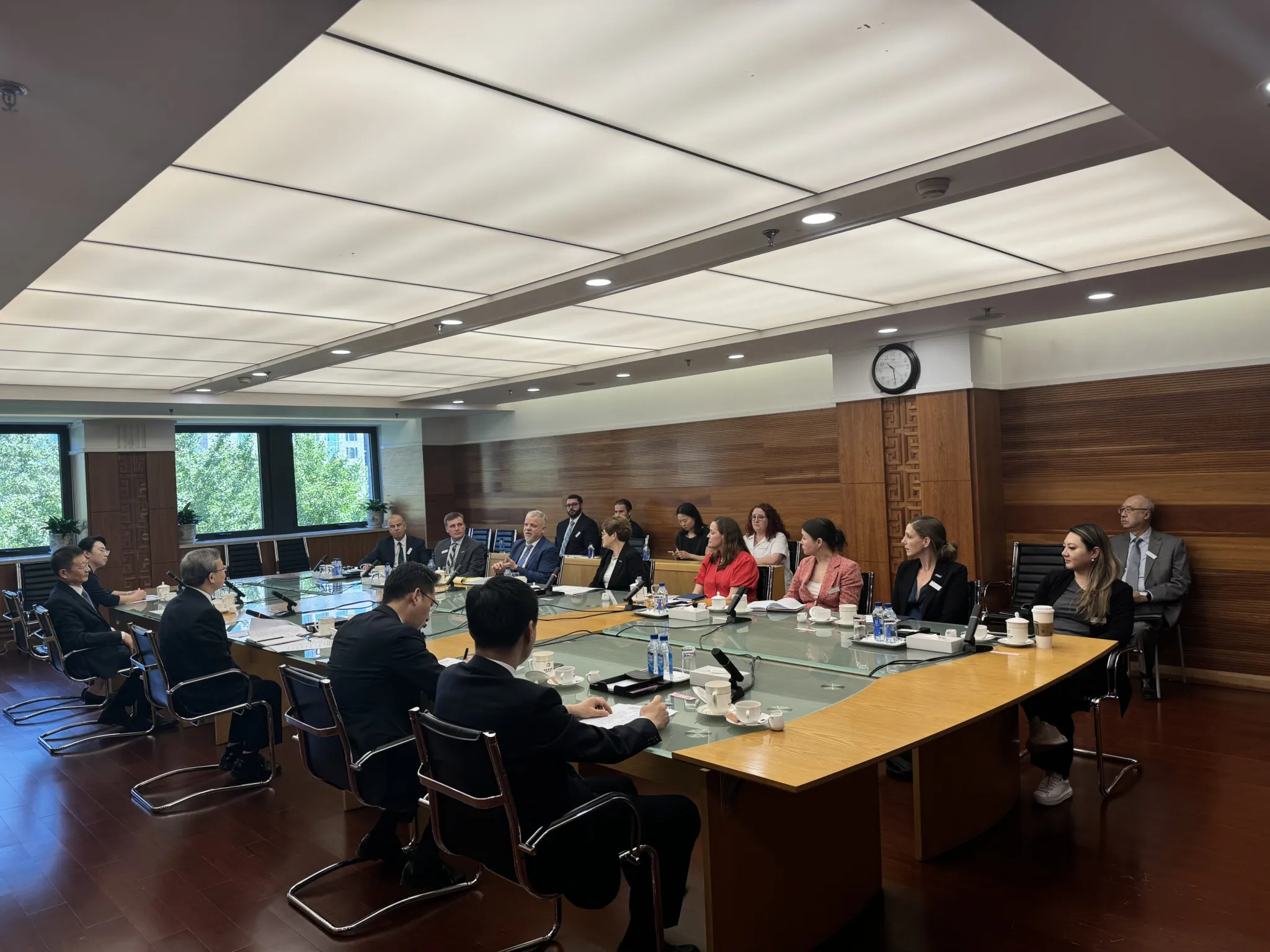Most managers think they have a great corporate culture. Their employees aren’t so sure
Organizations need a strong company culture. When employees are happy, they produce better work, are more likely to speak highly of the organization to others, and will stay longer.
Failing to invest in a good corporate culture can have major repercussions. Around 48% of workers said they have quit a job because of a bad company culture, according to a new study from HR management platform Dayforce. (Dayforce is a sponsor of CHRO Daily but does not have input on our editorial content). Of the 9,489 respondents, all of whom work at companies with at least 100 employees, around 70% said they would (or have previously) turned down a job offer because they don’t like the workplace culture. And that number goes up to 75% for workers under the age of 34.
“When you don’t feel like you’re fitting in, or that you’re being valued, it’s easy to start to begin to pick out all the things that don’t work [at your company],” Amy Cappellanti-Wolf, chief people officer at Dayforce, tells Fortune.
And if you’re an executive and think your company culture is just fine, check again. Executives and HR leaders are likely to overestimate just how great their company’s culture is, the study found. While 84% of executives and 81% of HR leaders reported that their company invests in culture, only 49% of workers agree. And CHROs and others in the C-suite are 35% more likely than the average employee to say their organization works to continuously improve their company culture.
“There are varying and different perspectives on what senior leadership thinks versus what an employee thinks about culture, and that’s that gap you’ve got to really pay attention to, because that’s where there’s potential toxicity or misalignment,” says Cappellanti-Wolf.
Fixing a toxic or negative company culture is possible, according to the study, but requires great communication and listening. Employees that are well-informed and updated on recent company news are 66% more likely to be optimistic, engaged, and forward-thinking, and 63% more likely to say they’re comfortable sharing opinions at work.
“Our research shows that organizations that invest in culture—specifically, aligning their benefits, initiatives, and technology with the needs of their people—will have an advantage when attracting and retaining top talent and building a high-performing workforce,” says Cappellanti-Wolf.
Brit Morse
brit.morse@fortune.com
Around the Table
A round-up of the most important HR headlines.
In the wake of Donald Trump’s election win, immigration attorneys say they’re receiving hundreds of inquiries from foreign-born workers who are looking to secure visas. Forbes
Bonuses for Wall Street bankers, which often make up a big chunk of pay for employees at financial firms, are on the rise for the first time in three years. Wall Street Journal
Ford is cutting hours for workers at a manufacturing plant in Germany due to lower demand for electric vehicles. Business Insider
Watercooler
Everything you need to know from Fortune.
Measuring power. Fortune’s 100 Most Powerful People in Business list ranks the world’s most recognizable founders, chief executives, disrupters, and innovators for their overall influence on today’s business landscape. —Lee Clifford
Generational friction. Millennial and Gen Z workers who say their bosses don’t understand them are more likely to be unproductive, according to a new study. —Ryan Hogg
Hard science. Mere weeks after 23andMe’s entire board resigned, the DNA-testing company announced it’s firing roughly 40% of its workforce and closing a drug development arm of the business. —Sasha Rogelberg




